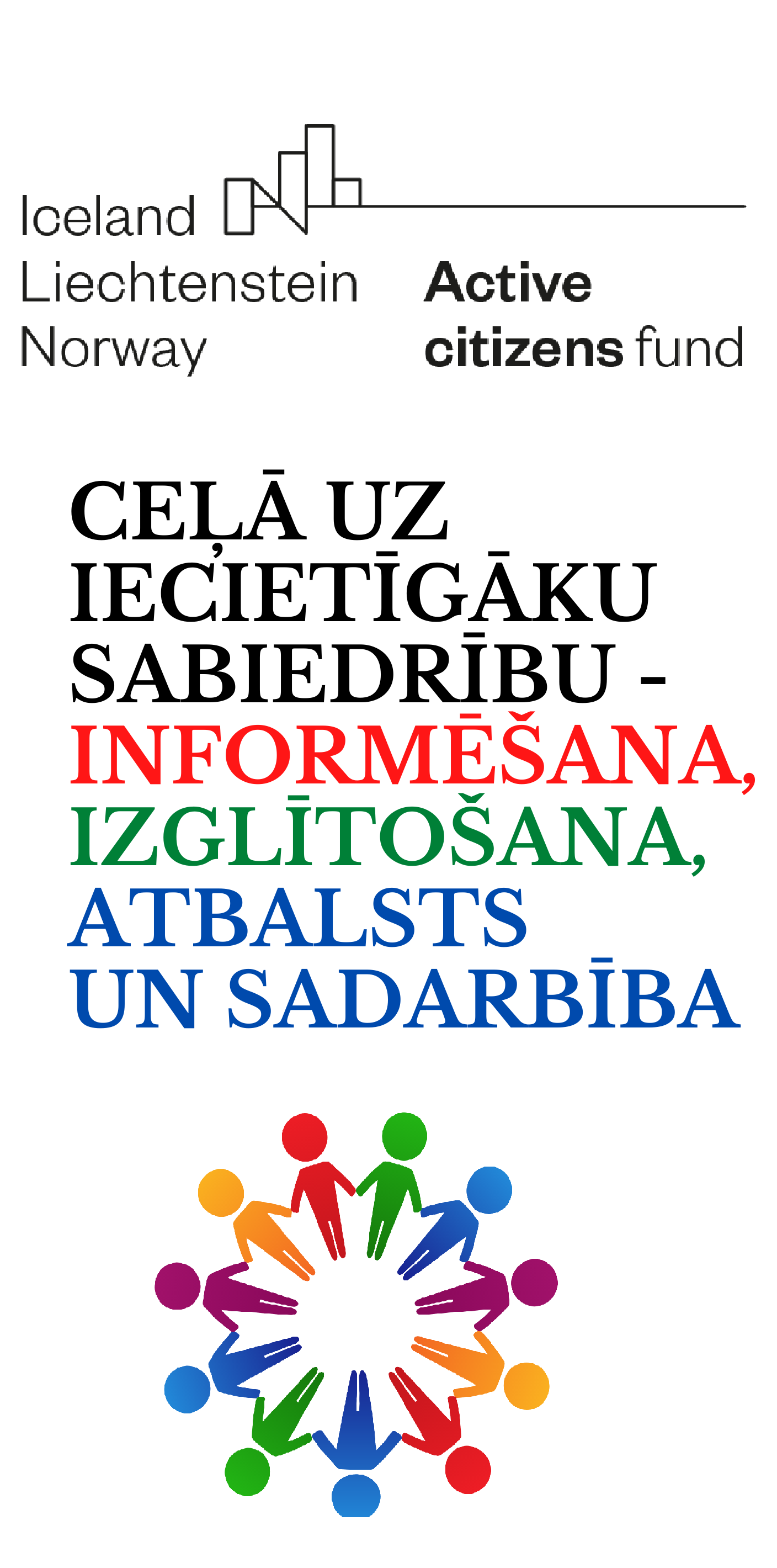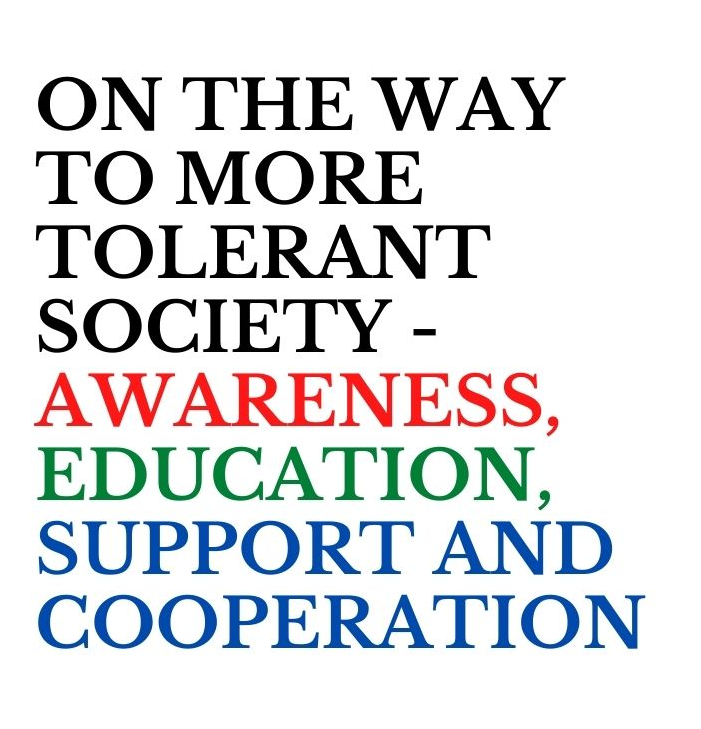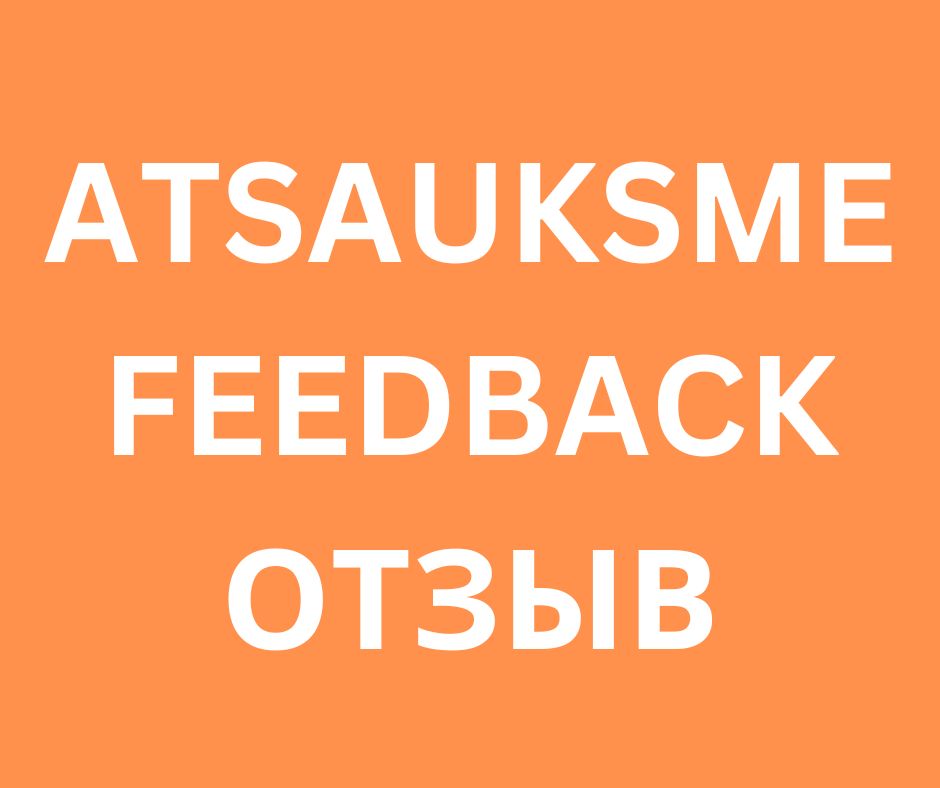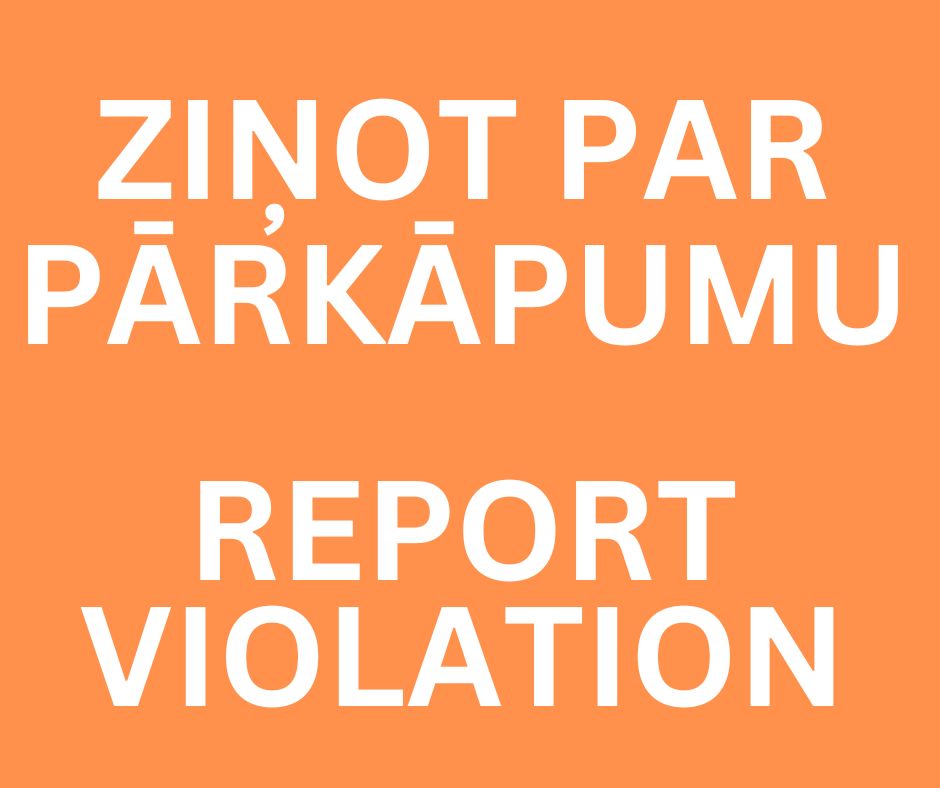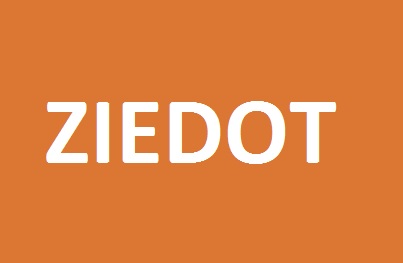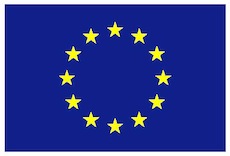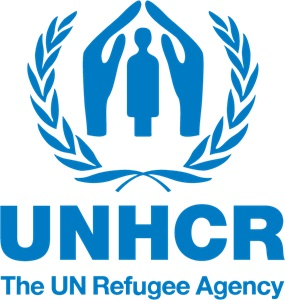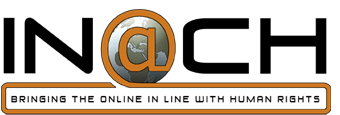Publications

What is a hate crime? Who is the target of a hate crime? What is hate speech? What makes hate speech and hate crimes dangerous? Where to report?
Published : 2022-09-21
Read more...
News
The project «Active European Citizens Against Hate Speech» was funded with the support of the European Union under the Programme "Europe for Citizens"
Published : 2022-09-08
Read more...
News
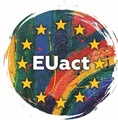
Riga and Liepaja, Tallinn and Tartu, Vilnius and Kaunas, Zagreb and Rijeka, Bucharest and Cluj-Napoca, Sofia and Veliko Tarnovo – hosted youth events raising awareness of more than 350 young people about the harm of hate speech and motivating them to stand up against it. Young people who took part in the events were pupils, students, minorities, immigrants, refugees, persons with disabilities, and other vulnerable groups. There were young people who are active in civic society activities and those who never took part in such events before. Local events outside the capitals and online helped to reached young people from rural areas.
Published : 2022-07-08
Read more...
Publications
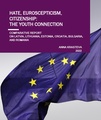
The research objectives focus on the analysis of hate discourses and practices in terms of definitions, European and national standards, targets, actors, anti-discrimination policies, and good practices. It studies the emergence and manifestations of Euroscepticism in countries with predominantly Eurooptimistic and Eurorealistic sentiments. The study also examines civic activism as a key factor in countering hate discourses and practices and in promoting the European values of respect for difference, liberty, equality, and human dignity.
Published : 2022-07-01
Read more...
News
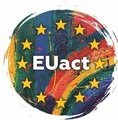
An international conference Tackling the Impact of Hate Speech on Our Lives and Society: A Comprehensive Approach Towards Prevention of Hate Involving Policy Makers and Young People” organised on 25 June 2022, in Cluj-Napoca.
Published : 2022-06-27
Read more...





